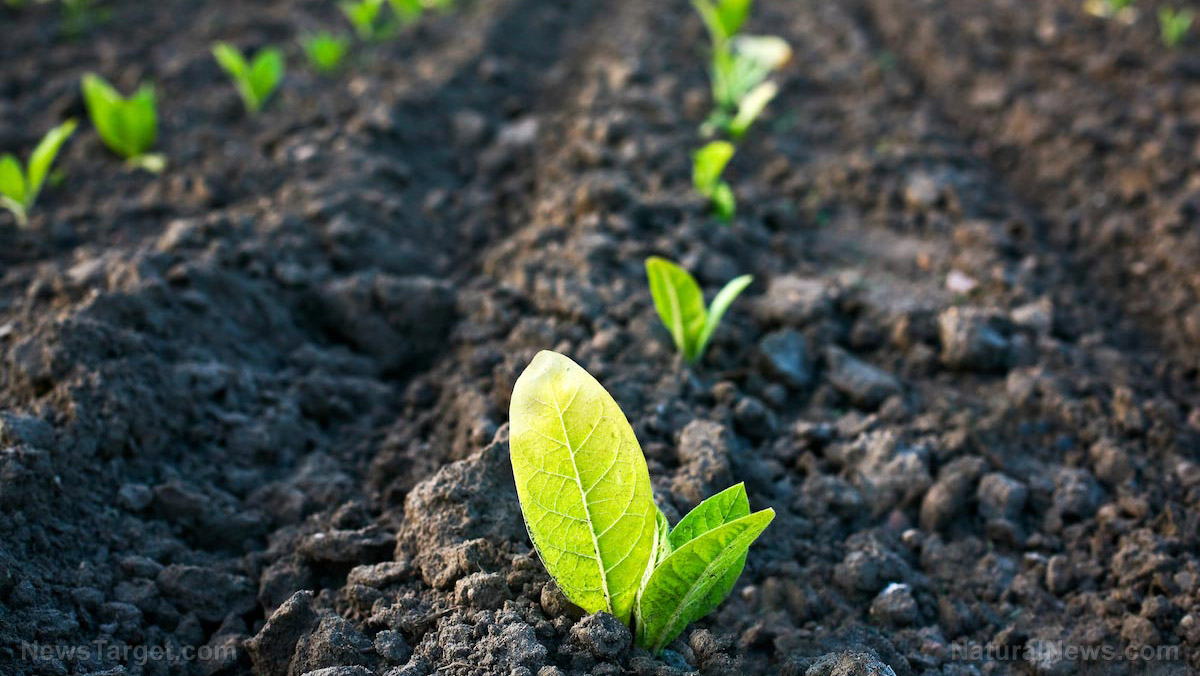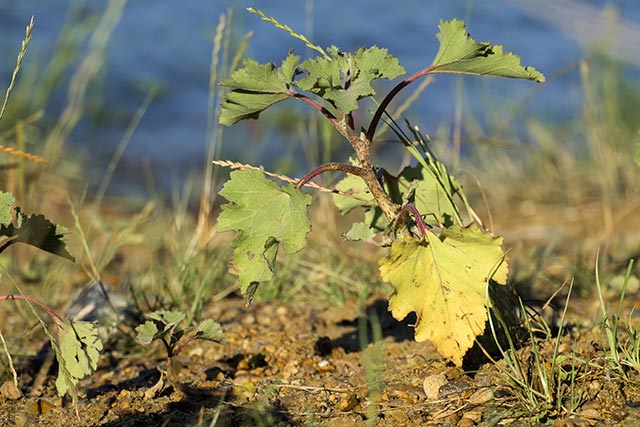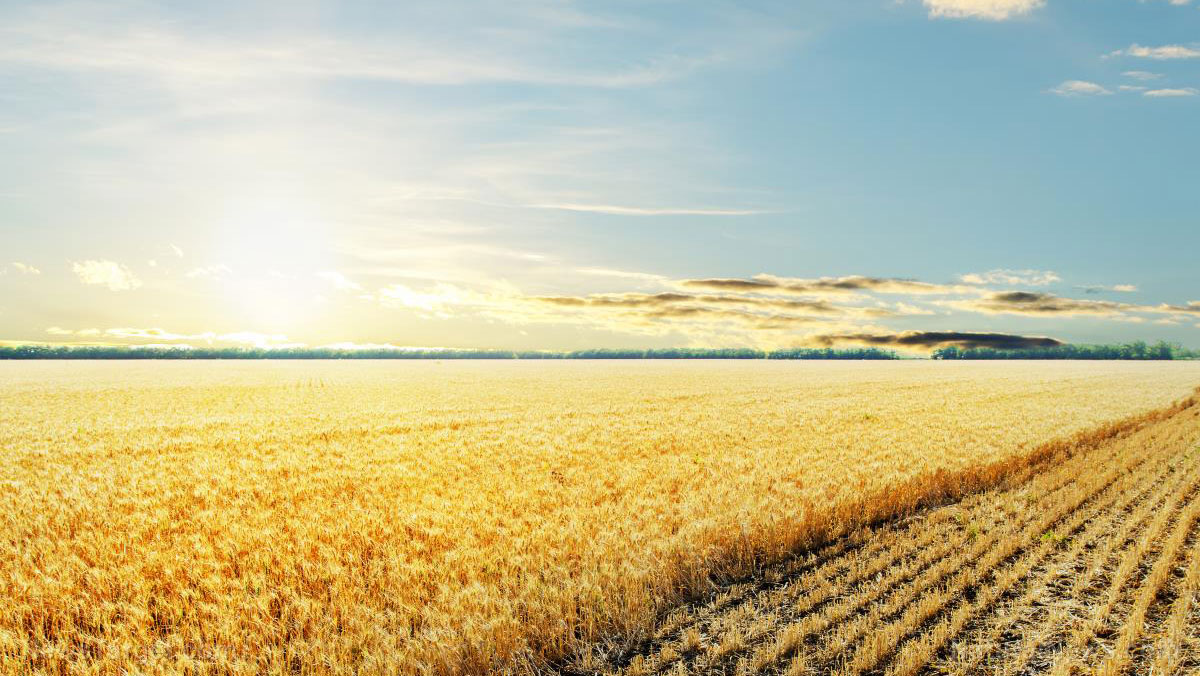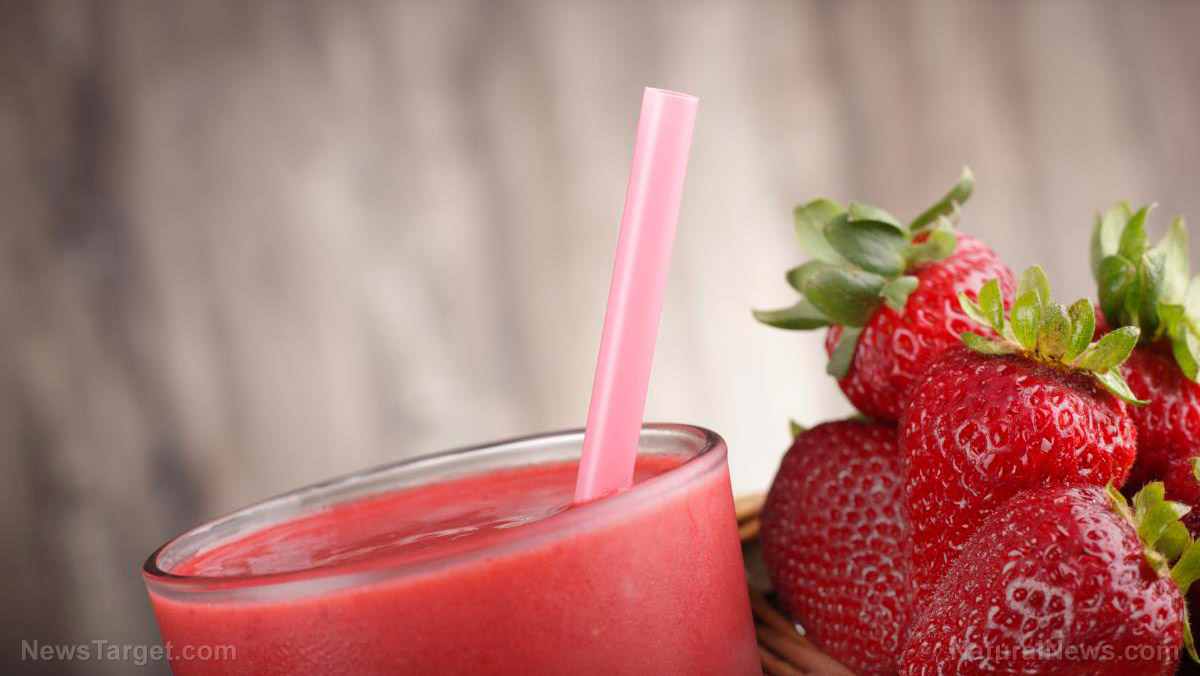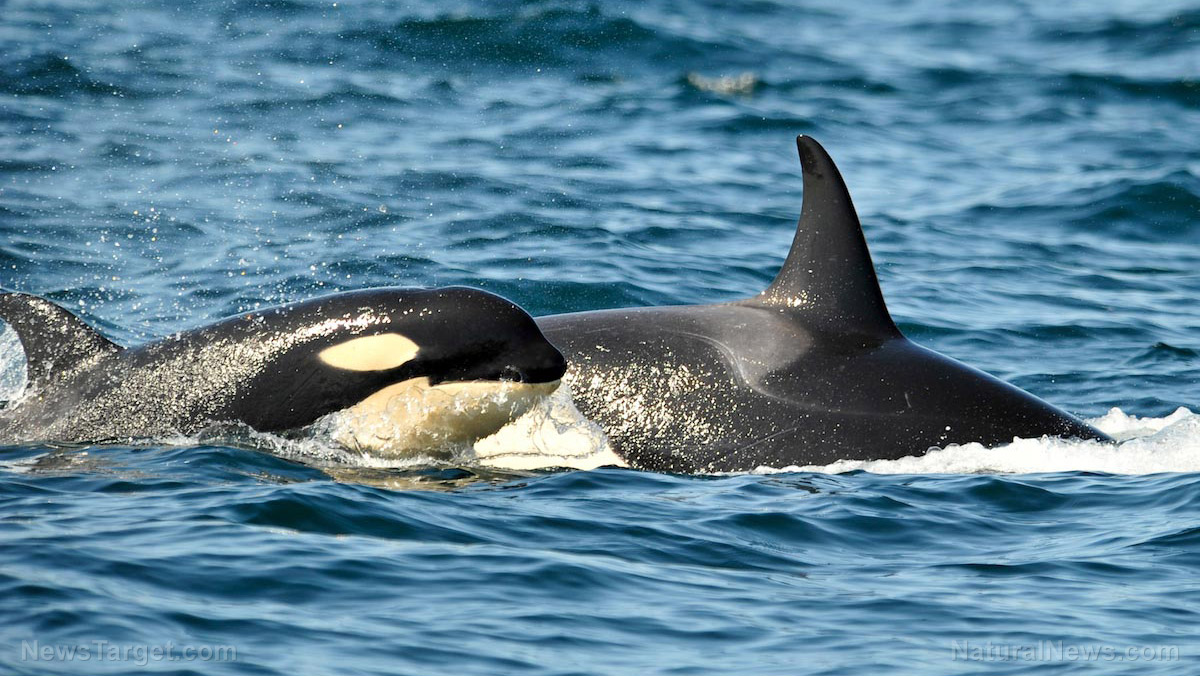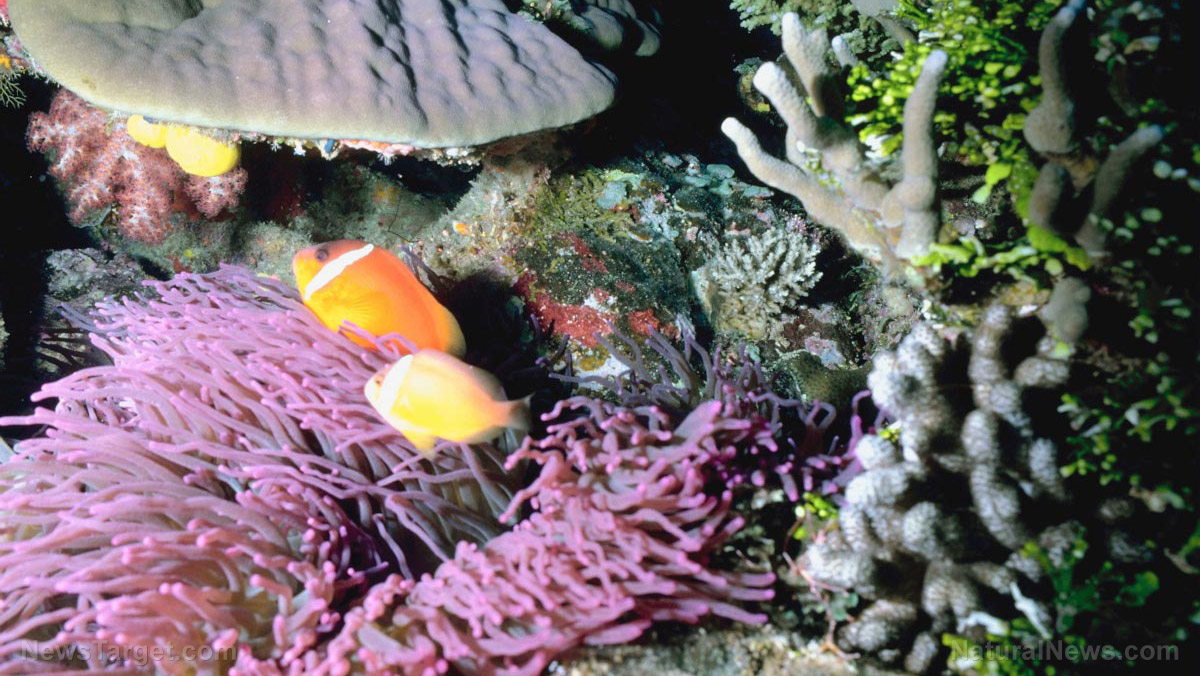Presto, change-o: Innovative company is turning avocado pits into biodegradable drinking straws and cutlery
06/14/2019 / By Edsel Cook

A Mexican startup is turning the tons of agricultural waste produced by avocado farms into useful products. Named Biofase, the company uses a technique that converts the discarded pits of the fruit into bioplastic, which in turn is used to make biodegradable plastic products.
Biofase set up shop in the Mexican state of Michoacan, the center of the country’s avocado industry. One of its factories gathers the unwanted seeds and turns them into bioplastic, while the other one transforms the plastics into drinking straws and cutlery.
These disposable plastic products are supposedly capable of being broken down by natural processes – such as sunlight and bacterial action – at a much faster rate than conventional plastics. They will thus pose less of a danger to the environment, animals, and human health.
“Our family of biodegradable resins can be processed by all conventional methods of plastic molding,” the company posted on its official Twitter account. (Related: Researchers study fungi to turn food waste into sustainable bioplastic.)
Mexican company turns avocado pits into biodegradable plastics
Scott Munguia founded Biofase in 2013. A biochemical engineer by training, he came up with the process of turning avocado pits into biodegradable plastics after much trial and error.
During his time as a student, Munguia desired a solution to the problem of plastic pollution. He decided to look for a renewable and reliable source of raw materials with which he could manufacture biodegradable plastics.
He tested the seeds of various fruits – such as mango and mamey – for their potential to serve as ingredients for the bioplastics. Eventually, he selected avocados, a primary agricultural product of Mexico.
Munguia spent more than a year searching for an efficient way to extract a molecular compound from the pit of the fruit. In turn, the molecule provided a biopolymer suitable for molding into various shapes.
Most conventional plastics come from fossil fuels. They can last for more than a century before the elements finally degrade the plastic pieces into their harmless constituents. In comparison, the Biofase-manufactured bioplastics are designed to start degrading after spending 240 days outdoors or in a landfill, where most plastic trash ends up.
Bioplastic cutlery and straws that are 100 percent biodegradable
In 2015, Munguia set up the first avocado pit processing plant in Morelia, Michoacan. The facility gathered the seeds, converted them into eco-friendly bioplastics, and sold the plastics as raw materials for other companies to turn into finished products.
By 2016, Biofase built a second plant. This one took bioplastics manufactured from the earlier facility and turned the material into single-use plastic forks, knives, and spoons. Later, the second plant began producing disposable straws as well. A third plant operated in Mochoacán.
“People are still reluctant to pay more for [a product] that protects the environment,” Munguia earlier remarked regarding the difficulty of getting people to change their habits from fossil fuel-based plastics to bioplastics. Since then, Mexican municipalities began banning disposable plastics, starting with Querétaro’s 2017 ban on the use of disposable plastic bags.
The increasing number of initiatives, laws, and regulations passed at the state and municipal levels in Mexico drove companies and consumers to start looking for biodegradable alternatives.
Biofase claims that it is the only biopolymer manufacturer in Mexico and the leading producer in Latin America. Its bioplastic materials and products go to a dozen countries, including Canada, Colombia, Costa Rica, the United States, Peru, and Mexico itself.
The plants can convert 15 metric tons of avocado pits each day. It produces 130 metric tons of biodegradable plastic products every month. Forty percent of its productions are disposable straws, with the rest being plastic cutlery.
Sources include:
Tagged Under: agricultural waste, avocados, biodegradable plastics, bioplastics, breakthrough, disposable plastics, eco-friendly, environment, green living, innovation, inventions
RECENT NEWS & ARTICLES
COPYRIGHT © 2017 ENVIRON NEWS

